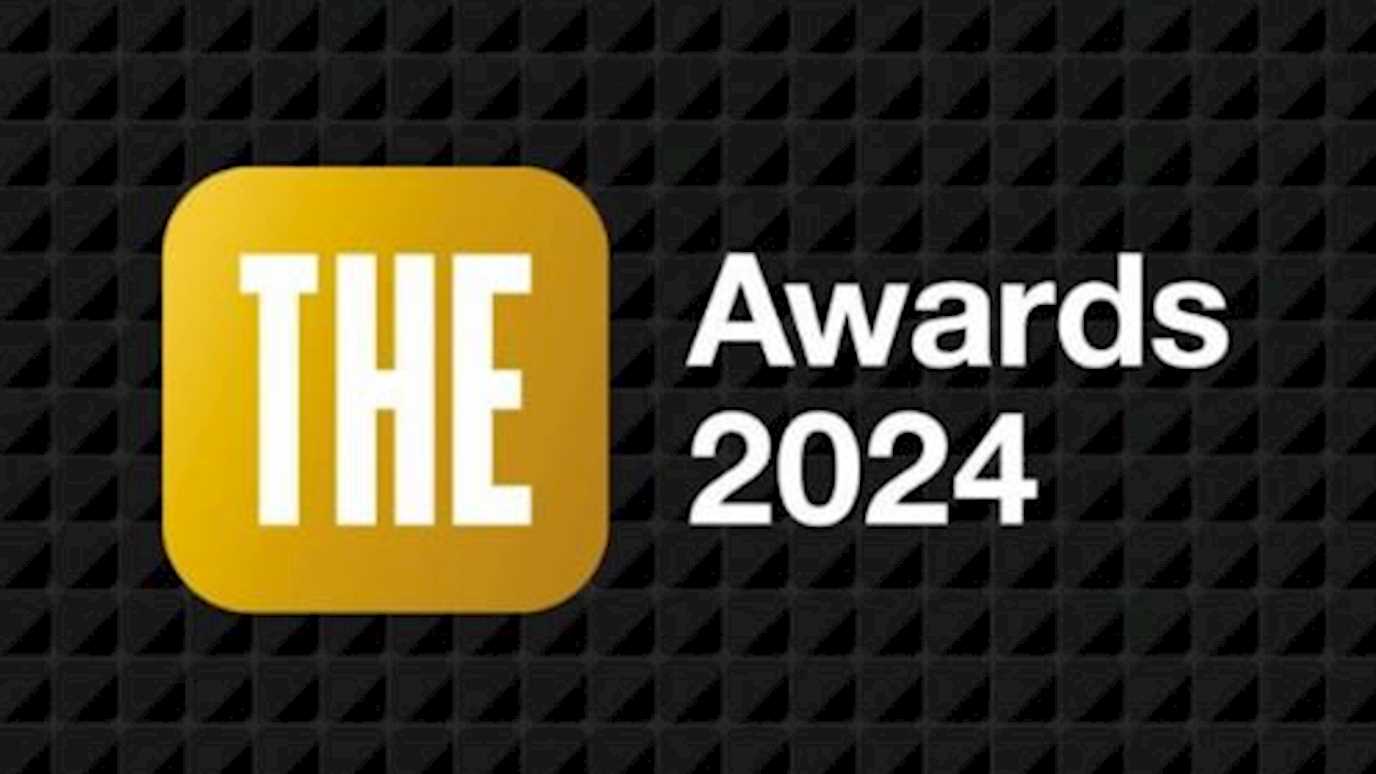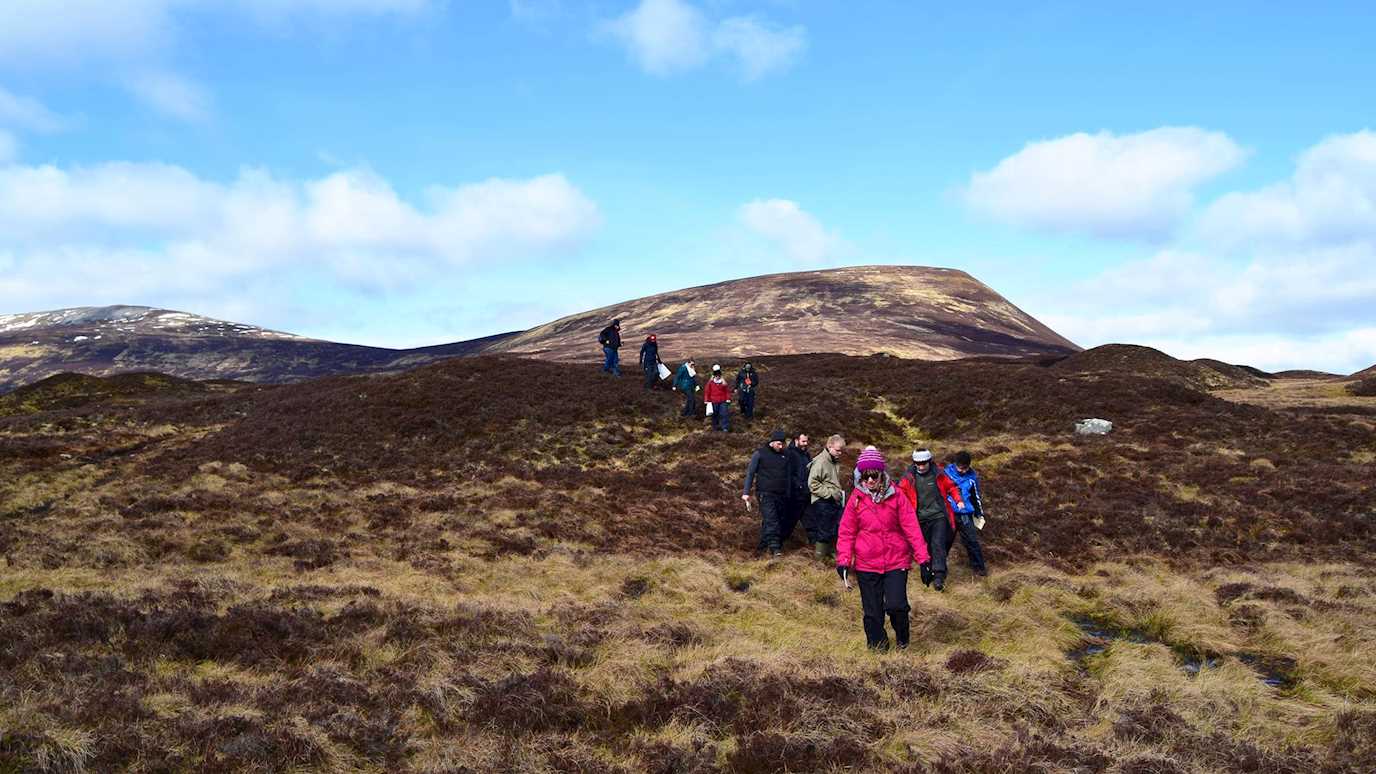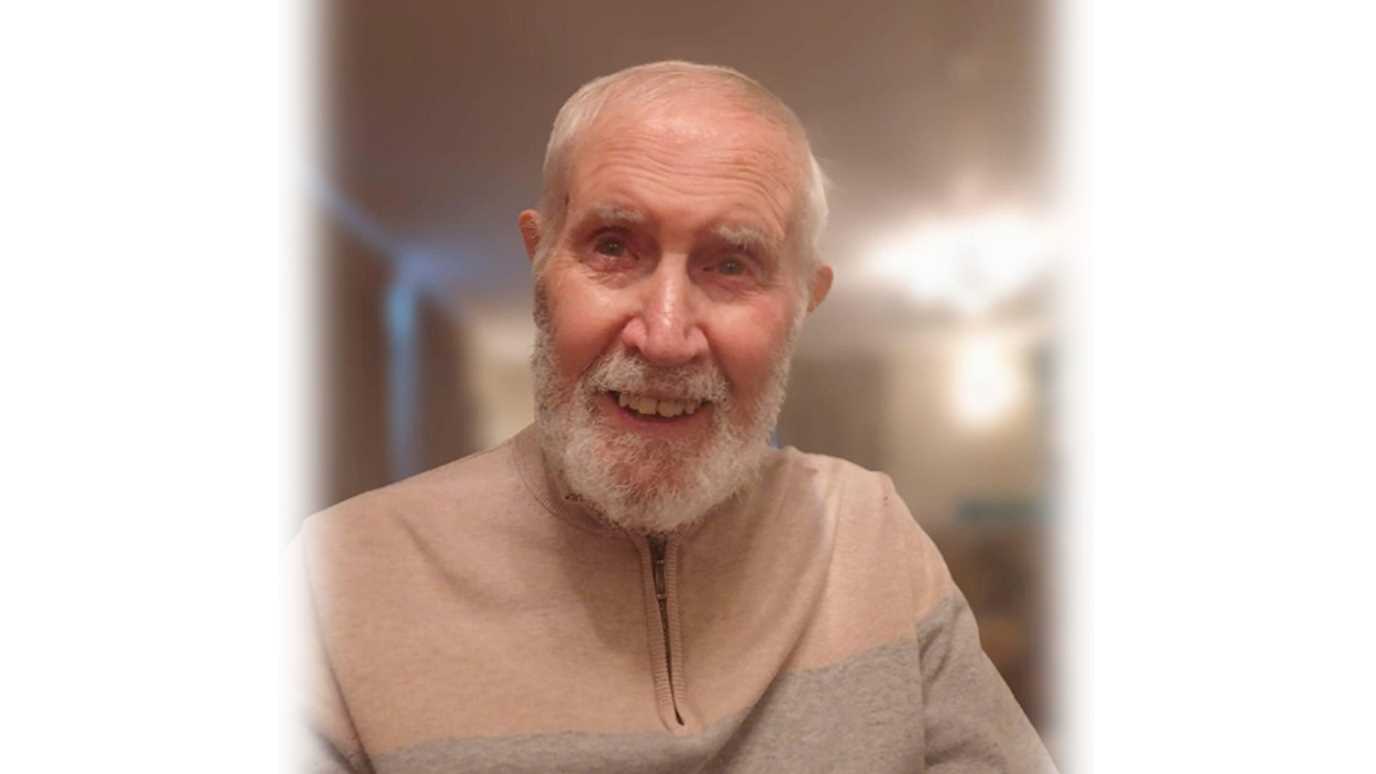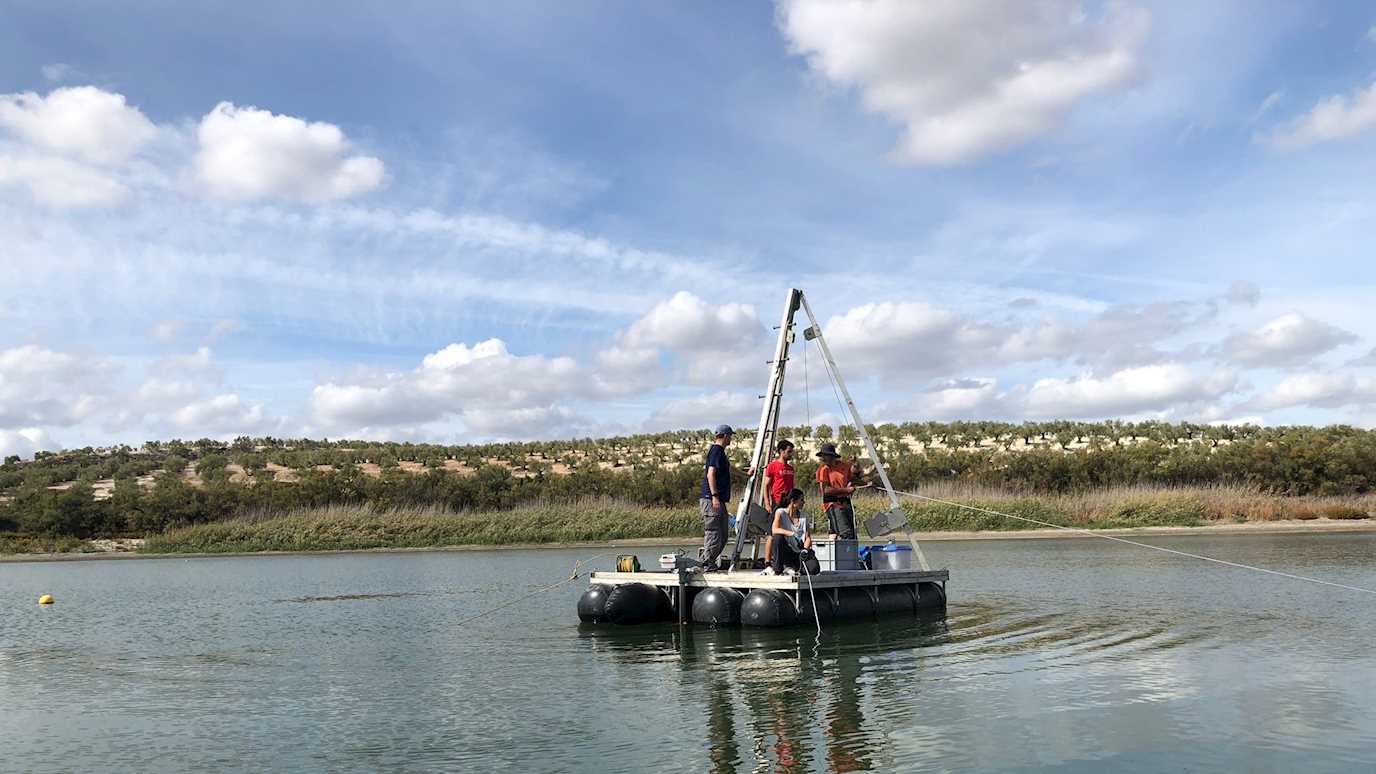Royal Holloway has a lead role in world's first centre to address wildfire challenges from a global perspective.
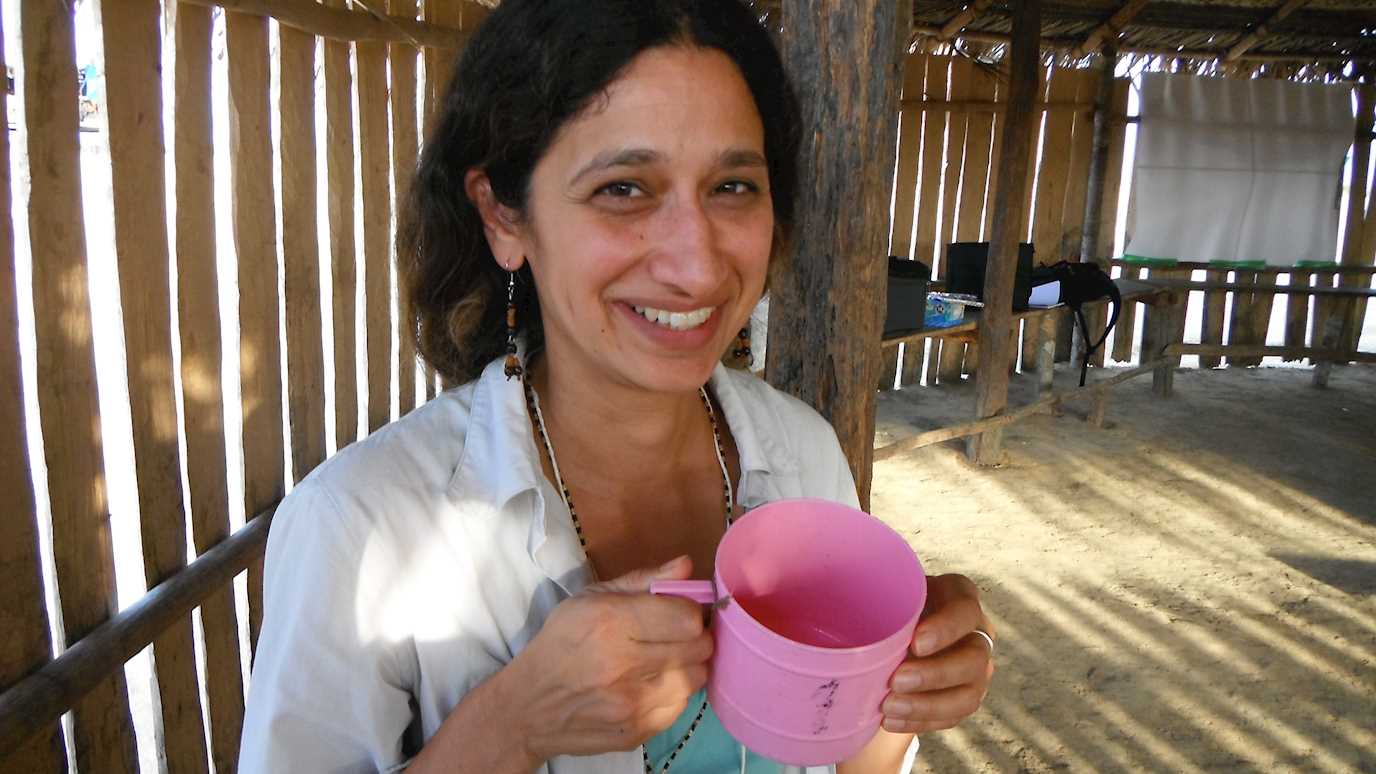
With £10m funding to support the centre for ten years, the Leverhulme Centre for Wildfires, Environmental and Society, involving Royal Holloway, Imperial College London, King’s College London, and the University of Reading, seeks to better understand the science and impact of wildfires.
The launch of the Centre in November 2019 marks the beginning of new integrated approach to global wildfire research that brings together physical and social scientists. It aims to bring about a step-change in our understanding of wildfires, including the dynamics shaping fire, ways to better quantify and forecast incidences, local impacts and how societies can live sustainably with them.
The Centre’s new Director is Imperial’s Professor Colin Prentice and Associate Director from Royal Holloway is Jay Mistry, Professor of Environmental Geography from the Department of Geography.
Professor Jay Mistry said: “The Leverhulme Centre for Wildfires, Environment and Society will be unique in its transdisciplinary approach to wildfire science, guided by new data, tools and models.
“Humans, and their role in driving and shaping fire across the globe, will be central to our work, and I’m very excited to be leading cutting-edge research that will better prepare future generations to live sustainably with fire.”
Listen to a podcast with Professor Jay Mistry about the role of cultural fire in Brazil and Venezuela, indigenous lead fire programs, and the challenges with colonial governments and how we can start to shift the conversation: Good Fire Podcast
More about the Centre for Wildfires, Environment and Society
The Leverhulme Centre for Wildfires, Environment and Society is a game-changer, radically transforming the scientific and practical understanding of wildfire as an intersection of coupled social, ecological and physical processes, and becoming the go-to-place for wildfire research and expertise worldwide. Its aim is for society in the future to understand, predict and manage wildfire far more effectively than today.
The Centre’s day-to-day work will be organised into four Strands focusing on major topics/regions of interest: Fire in the Tropics; Fire in the North; Fire at the Wildland-Urban-Interface; Fire in Global Systems. These will be pursued through interdisciplinary, collaborative and participatory research, from the local to global scales, and by training a large cohort of early career researchers, thus nurturing a new generation of fire scientists.
• Visit the Levehulme Centre for Wildfires, Environmental and Society website










